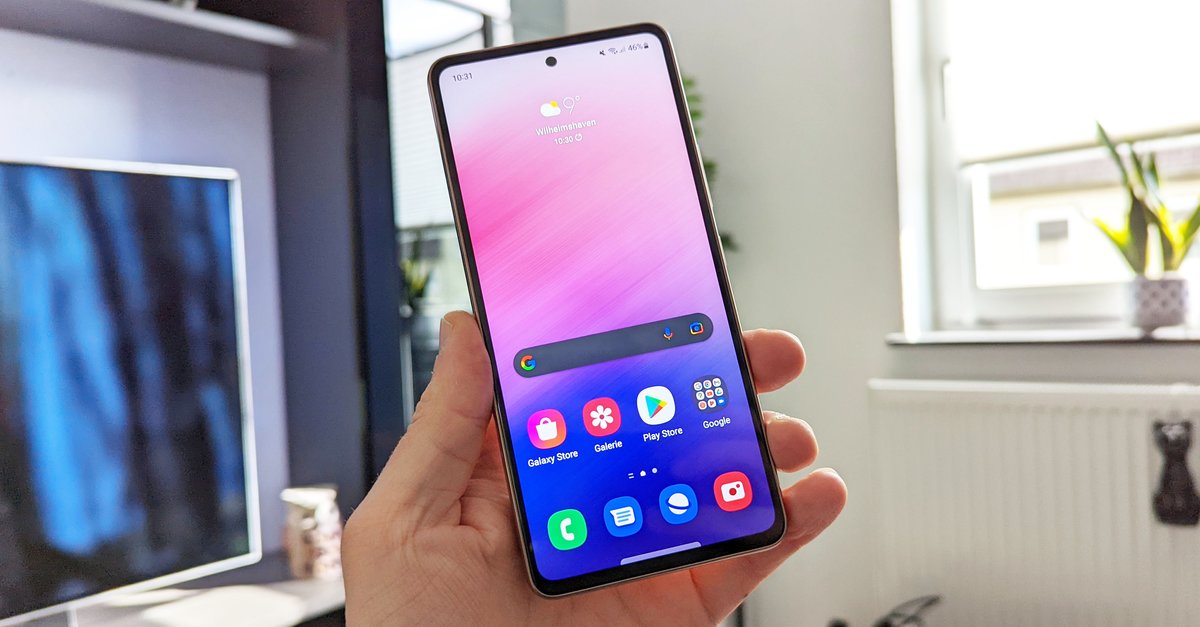New battery technology to make electric cars cheaper
Batteries that are as cheap as they are powerful at the same time are crucial not only for smartphones but also for electric cars. BMW had promised in May 2017, thanks to new battery technology Stromer from 2020 to offer a price similar to vehicles with internal combustion engine. Now, the US startup 24M has announced that it will launch the first of its cost-saving batteries in 2020.
For electric cars and smartphones: batteries should become cheaper and better from 2020
For almost ten years, 24M has been working to produce cheaper and better batteries with higher energy density. The aim is to simplify the design of lithium-ion batteries and remove inactive materials, as Technology Review writes. This makes it possible to shorten the manufacturing process and reduce the need for materials – with positive effects on costs and energy requirements.
Now the developers seem to have made a breakthrough. A few weeks ago, 24M attracted $ 21.8 million in financing from Japanese companies Kyocera and Itochu, as well as existing investors. The money will be invested in a factory and further research. The planned collaboration with an industrial partner should enable the production of the first products from 2020.
Current high-quality batteries have an energy density of about 250 watt-hours per kilogram, according to the Technology Review. The 24M batteries are said to have reached an energy density of 280 to 300 watt hours per kilogram in the laboratory. A new technology will soon enable lithium-ion batteries with around 500 watt-hours per kilogram. However, according to the report, a decisive component, the separator, would have to be downsized.


